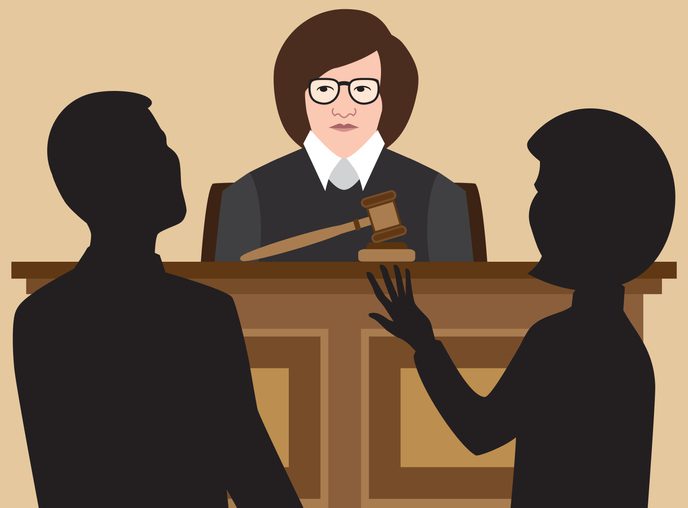


When you have a legal claim against another person, whether it’s for lost wages and medical expenses after a motor vehicle accident or for damages when another person failed to abide by the terms of a valid contract, you’ll need to file a civil lawsuit to recover for any losses sustained. In this series of blogs, we’ll look at the civil legal process, at what you can expect as your lawsuit makes its way through the system.

You can’t rely on the power of the courts to enforce a claim against another person unless you file a complaint in the appropriate court. Different courts have the capacity to hear different types of disputes, but there is some overlap. You’ll want an experienced attorney to help you determine the best place to file your lawsuit and to ensure that the court has proper “jurisdiction” over your dispute.
You must also file your complaint in a timely manner. The amount of time you have will be determined by a written law known as the “statute of limitations.” This will vary based on the type of dispute, so you’ll need knowledgeable counsel to ensure that you comply with the law.
Once your complaint has been filed and properly served on all other parties, the parties you are suing (the “defendants”) will have a specific amount of time to file an answer to the complaint.
If you file a complaint and the defendant fails to file an answer, you may be able to ask the court for a default judgment in your favor.
If, however, the defendant files an answer within the time period allowed, the court will then schedule a meeting to establish a schedule and inform the parties of any “discovery” rules. Don’t be surprised if the judge also makes a concerted effort to get you to settle your dispute. Most court dockets are full and any lawsuit that can be prematurely resolved lightens the load.
Discovery is simply a legal term for the gathering of evidence. Typically, discovery takes three forms—depositions, interrogatories and requests for production:
In the American civil system, the concept of “open discovery” applies. That means that both sides have an equal right to knowledge of and access to all relevant evidence. A party may not intentionally fail to disclose any material evidence.











Email us using this contact form and we will quickly reach back out with answers.



















